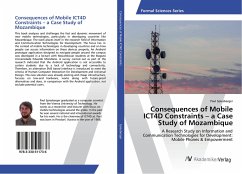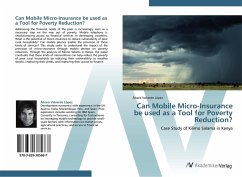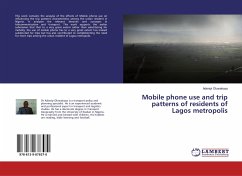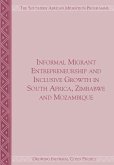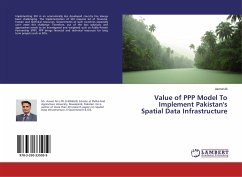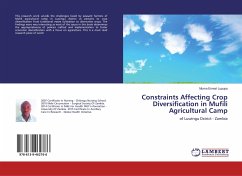This book analyses and challenges the fast and dynamic movement of new mobile technologies, particularly in developing countries like Mozambique. The work places itself in the research field of Information and Communication Technologies for Development. The focus lies in the context of mobile technologies in developing countries and on how people can access information on these devices properly. An Android prototype application designed to navigate people around the campus was developed in a lecture with Mozambican students at the Maputo Universidade Eduardo Mondlane. A survey carried out as part of the research indicated that the Android application is not accessible to certain students due to a lack of technology and connectivity. Therefore, an alternative SMS based interface is introduced to meet the criteria of Human Computer Interaction for Development and Universal Design. The new solution uses already existing and cheap infrastructure, focuses on low-end hardware, works along with future-proof alternatives and does, in comparison with the Android application, not exclude potential users.
Bitte wählen Sie Ihr Anliegen aus.
Rechnungen
Retourenschein anfordern
Bestellstatus
Storno

